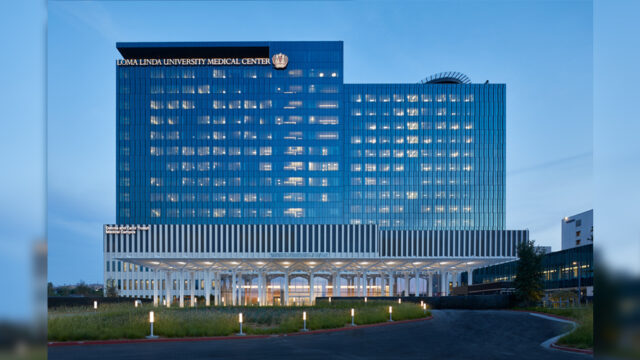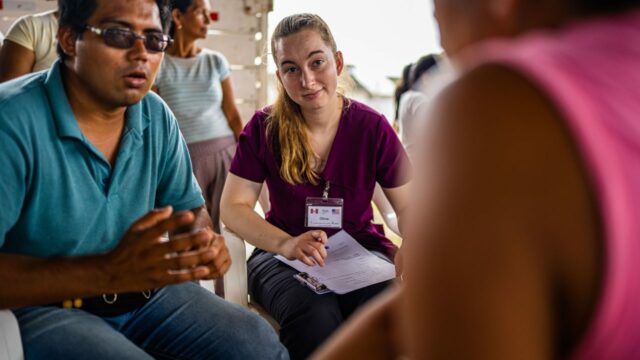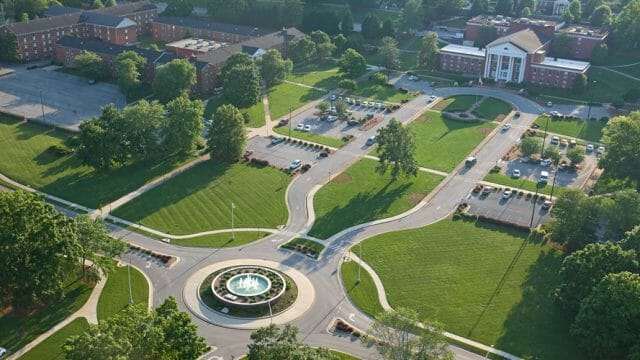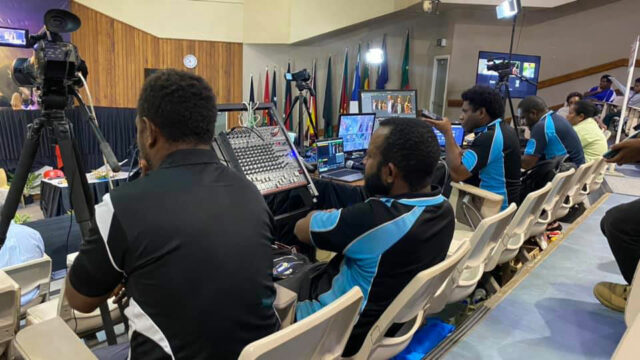At Andrews University, advocates are challenged to engage as they pinpoint God’s ideal.
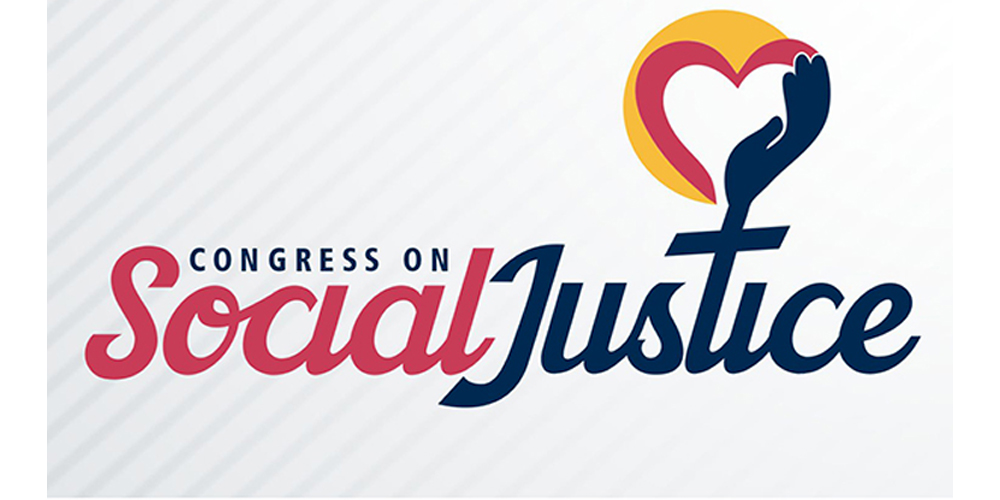
Scores of Seventh-day Adventist leaders, scholars, students, and advocates met at Andrews University (AU) in Berrien Springs, Michigan, United States, for a Congress on Social Justice October 14-16.
The hybrid event at the school’s Seventh-day Adventist Theological Seminary connected presenters and participants in person with many others across the world, as it sought to bring attention to global issues of imbalance and biblical solutions that address them, organizers said.
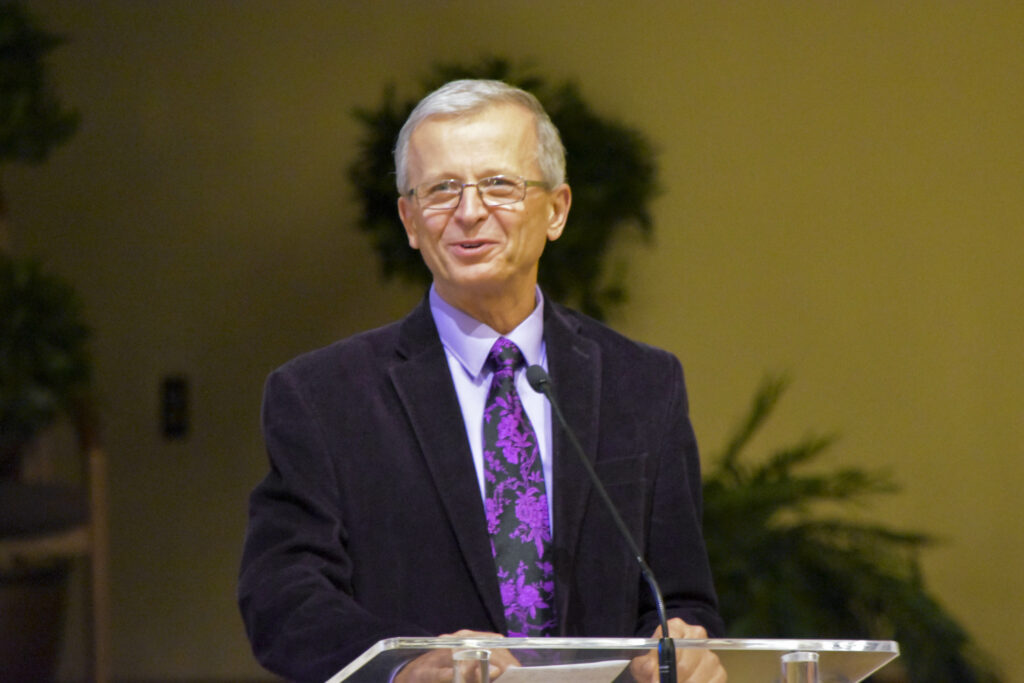
“The biblical account of Creation informs us that humanity was created in God’s image and granted authority to rule over other animate beings that God created during the fifth and sixth days of that first week,” organizers wrote in the welcoming program booklet. “Unfortunately, the entrance of sin brought disequilibrium to all relationships and disrupted the ecological balance,” they added. “Humanity longs for renewal and restoration, and Christianity claims the promise of recreation.”
At the same time, organizers reminded participants, we are not called to sit idly by while waiting for the divine fulfillment of the promise. Biblical prophets call for immediate action to address existing injustices as a way of pointing people back to God and living in His image. The event, which enlisted the support of the Lake Union Conference and the North American Division, set out to outline the “intimate link [that] exists between caring for creation in its fulness and beauty and proclaiming the Three Angels’ Message[s] of Revelation 14,” organizers said.
Describing Social Justice
The term social justice evokes responses that are often opposites of each other, Willie Hucks II, associate professor of pastoral theology at AU and event coordinator, acknowledged. For that reason, he chose to describe the term rather than try to define it.
“Social justice calls for us to actively affirm that everyone is created in God’s image,” Hucks said in his opening remarks. “It recognizes that everything God created during the first week of this planet’s existence was very good, [and it] also strives to better others and this world by actively living God’s mission on behalf of His creation.”
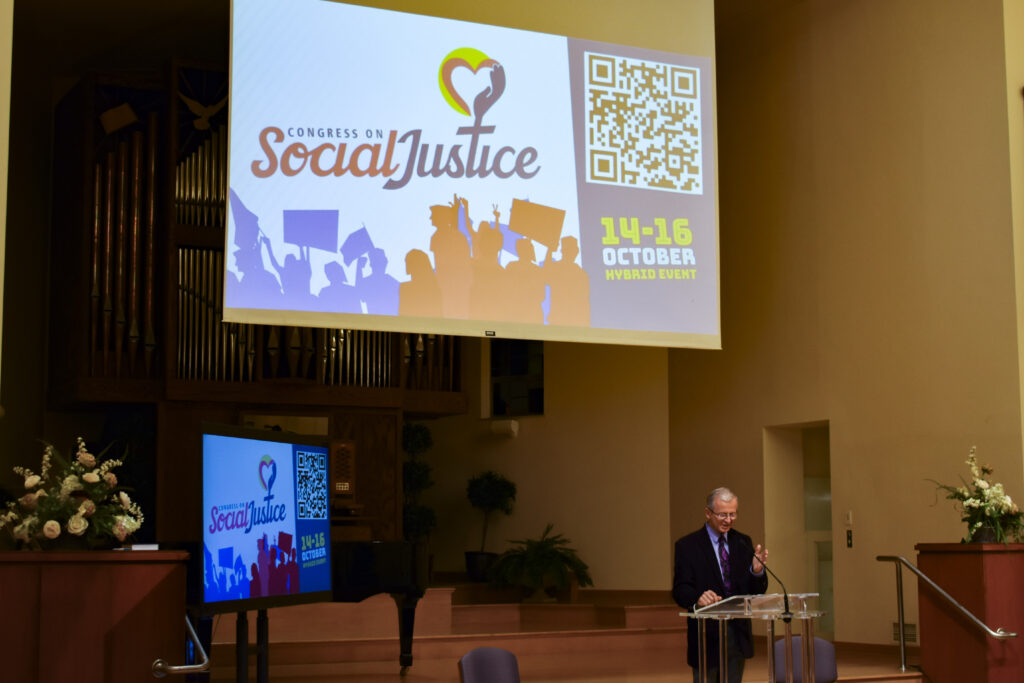
Hucks explained that each presentation was designed to establish the scriptural foundation for social justice. “Doing so proves critical in an era that is often defined by political ideologies that range from the left to the right,” he said. “These presentations also aim to establish the wholistic focus of social justice; that is, its biblical principles positively impact the mind, body, interpersonal relationships, finances, and care of the environment.”
Against this background, Hucks emphasized that the three-day event sought to establish the global reach of social justice and “how Adventism can be distinctly missiological in its approach while caring for God’s creation in the same way Jesus did.
“Our prayer is that you will be equipped, enabled, and empowered to reimagine ministry as we anticipate our Lord’s return, impacting His people in ways that allow the love of God to shine more brilliantly than ever before,” he said.
A Divine Imperative
Seminary dean Jiří Moskala confessed that when he was told to imagine a world where social justice is respected, he imagined the new earth because this earth is full of social injustice. He reminded participants that today, confusion, tension, self-centeredness, and hatred are the dominant features of human relations. “We live in the post-Christian, postmodern, and post-truth world,” he acknowledged.
But that was not God’s original blueprint, Moskala emphasized. “It is God’s intention that we cultivate a loving, caring, and kind attitude toward each other despite our cultural, economic, religion, gender, educational, color, language, and social differences,” he said. “As the prophet Amos said, justice can flow like a river, but only when we treat others as we would like to be treated if we were in their shoes.”
Jesus stated it plainly in the Golden Rule — to do unto others what you want others to do to you, Moskala said. In that context, he added, the Congress on Social Justice seeks to inspire and stimulate every participant to be more sensitive to the issues around us and be moved by what our fellow human beings experience. “God’s truth, which has been entrusted to us, always has to have practical outcomes,” he said. “May each of us be attentive to the needs of our neighbors and be stirred into specific caring actions in order not to be spectators but part of solutions to suffering humanity’s problems.”
For Huck, social justice is an essential part of discipleship. He prayed, “Lord, You have called us to be Your disciples. Part of that discipleship is being Your hands and Your feet in this world.” Being the Lord’s hands and feet is what will allow God’s children to reveal His character in a world that is hurting, organizers emphasized. And it is something that will point people back to God’s ideal.
“Just imagine a world,” Moskala said, “where all the biblical counsel is taken into account.”


